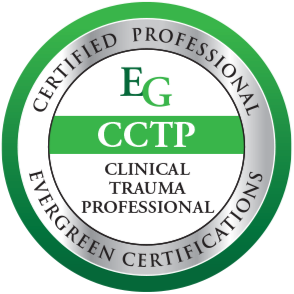
Therapy
Nichole Le Monds, MA, LPC-S
Nichole is a Licensed Professional Counselor-Supervisor, certified Clinical Trauma Professional, CE provider and the founder of Breakthrough Endeavors.
She passionately facilitates breaking out of limited thinking, engaging in new approaches and developing tools and strategies. She excels in helping clients breakdown barriers and get unstuck.
She stewards encouragement, strategy and wisdom. Nichole provides real and relevant feedback to help you bring about your desired outcomes.
#onpurposewithconfidence
Our approach
We utilize a unique combination of best practices and professional skills.
Psychotherapy
Talk Therapy provides insights to improve mental and emotional health and to develop personal growth.
Counseling
Focused support for life’s stressors and transitions.
Psychoeducational
Integrate strategies and tools to achieve goals.
Services
Couples, Individuals and Family Sessions
Master Courses & CE Classes
LPC- Supervision for Associates
Payment Options
Private Pay (by session or memberships)
Insurance for TEXAS residents (Aetna, Cigna, BCBS, Quest and Carelon)
Good Therapy Framework
Good therapy provides language and tools…
Good therapy equips individuals not just with insight, but with the language to articulate their internal world—thoughts, emotions, patterns, and needs—that may have previously felt vague, confusing, or overwhelming. This language becomes a bridge between inner experience and external expression, allowing people to name what they feel, understand where it comes from, and communicate it more clearly with others. Naming something often reduces its power over us.
Alongside this, therapy provides tools—practical strategies and internal resources to navigate life’s challenges. These may include coping mechanisms for anxiety or trauma, communication techniques for relationships, mindfulness practices for self-regulation, or boundary-setting skills for healthier interactions. Over time, these tools become part of a person's emotional toolkit, enabling greater resilience, autonomy, and clarity.
Ultimately, good therapy doesn’t fix people—it empowers them to understand, work with, and care for themselves more effectively. Language and tools are what make that transformation sustainable.
Good therapy identifies and explores resistance…
Good therapy doesn’t ignore resistance—it leans into it with curiosity and compassion. Resistance is often misunderstood as defiance or noncompliance, but in therapy, it’s usually a signal: a protective mechanism guarding something tender, uncertain, or previously unexamined. It can show up in many forms—missed appointments, emotional shutdowns, intellectualization, avoidance of certain topics, or even humor that deflects vulnerability.
Rather than confronting resistance as a barrier, good therapy treats it as a doorway. By identifying resistance when it arises, a skilled therapist can help uncover what lies beneath it—fears, beliefs, unmet needs, or past experiences that shaped current defenses. Exploring this resistance can lead to some of the most meaningful breakthroughs, because it often reveals where a person is stuck and what they are protecting themselves from.
Ultimately, resistance is not the enemy of progress—it’s often a clue that something important is trying to be heard. Good therapy makes space for that voice.
Good therapy happens when we show up ready and willing to take ourselves on…
Good therapy happens when we show up ready and willing to take ourselves on—to step into the often uncomfortable but deeply rewarding work of self-examination. It’s not just about talking through problems or seeking advice; it’s about becoming an active participant in our own growth. This means being open to looking honestly at our patterns, our stories, our defenses, and even our pain.
To take ourselves on is to face the parts of us that we may have avoided—our doubts, contradictions, wounds, and fears—without judgment, and with a willingness to understand them. It’s the choice to stop outsourcing our healing and start becoming accountable for our inner life.
This kind of engagement requires courage, humility, and persistence. But it’s also where the real transformation happens. When we take ourselves on, therapy becomes more than a conversation—it becomes a process of reclaiming agency, deepening self-awareness, and building a relationship with ourselves that’s rooted in honesty and compassion.
~Nichole







